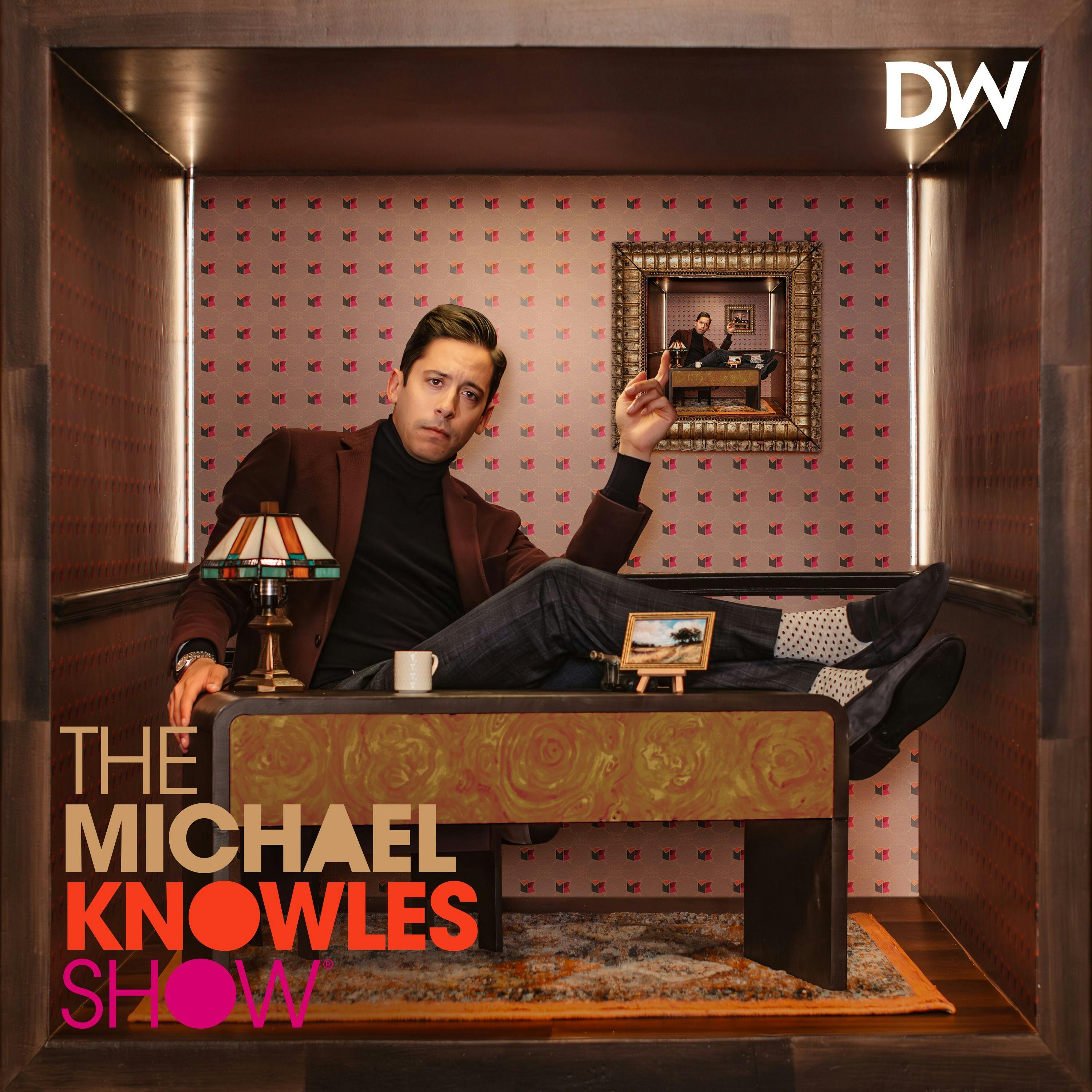Ep. 1812 - Charlie Kirk Would Have Been President
Charlie Kirk is assassinated while speaking to students at Utah Valley University, President Trump addresses the nation on the tragic events, and we honor the life of a great Christian man.
Click here to join the member-exclusive portion of my show: https://bit.ly/4biDlri
Ep.1812
- - -
Socials:
Follow on Twitter: https://bit.ly/3RwKpq6
Follow on Instagram: https://bit.ly/3BqZLXA
Follow on Facebook: https://bit.ly/3eEmwyg
Subscribe on YouTube: https://bit.ly/3L273Ek
- - -
Privacy Policy: https://www.dailywire.com/privacy
Click here to join the member-exclusive portion of my show: https://bit.ly/4biDlri
Ep.1812
- - -
Socials:
Follow on Twitter: https://bit.ly/3RwKpq6
Follow on Instagram: https://bit.ly/3BqZLXA
Follow on Facebook: https://bit.ly/3eEmwyg
Subscribe on YouTube: https://bit.ly/3L273Ek
- - -
Privacy Policy: https://www.dailywire.com/privacy
Press play and read along
Transcript
Transcript is processing—check back soon.
The Michael Knowles Show — Ep. 1812 - Charlie Kirk Would Have Been President
